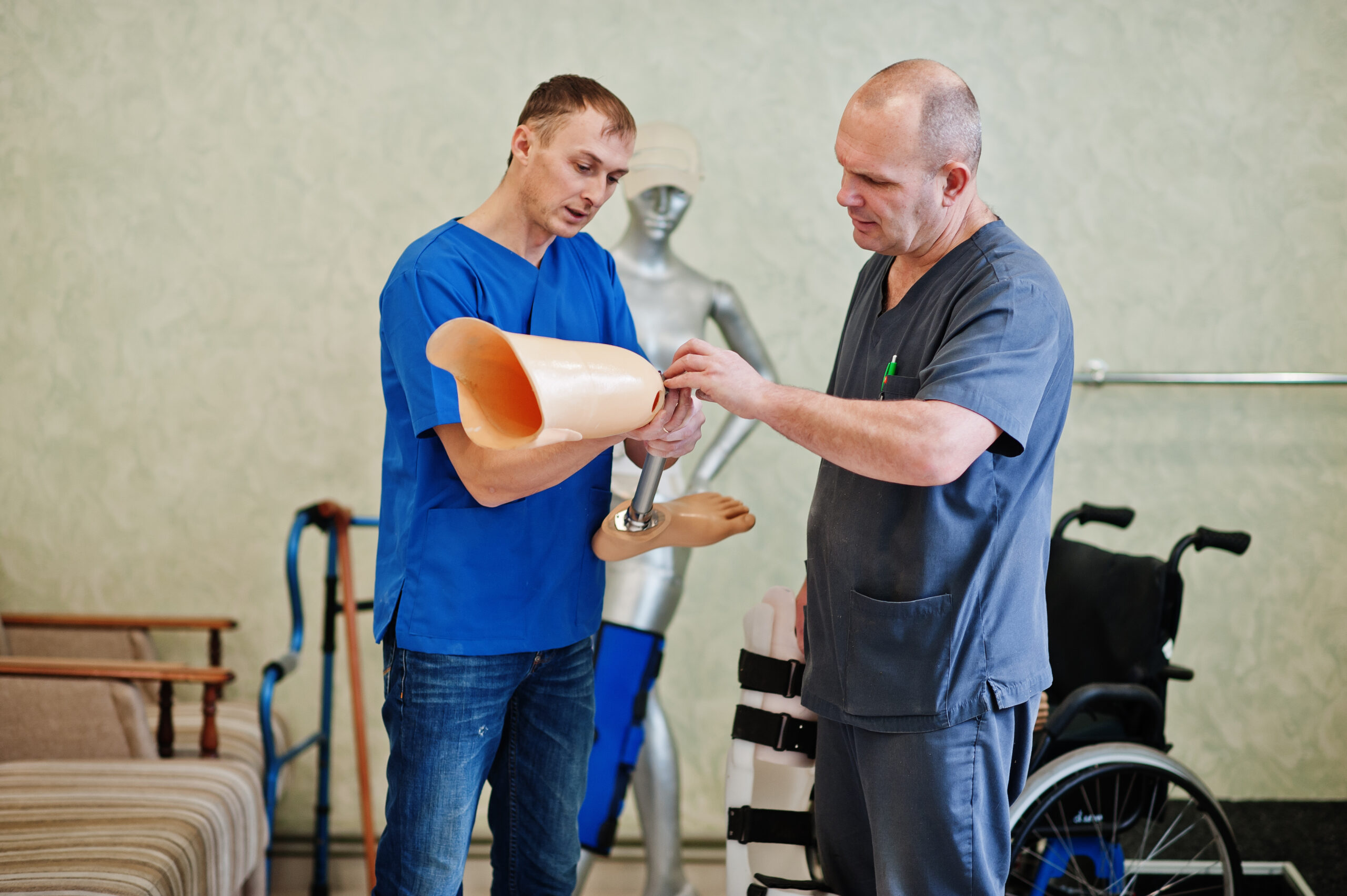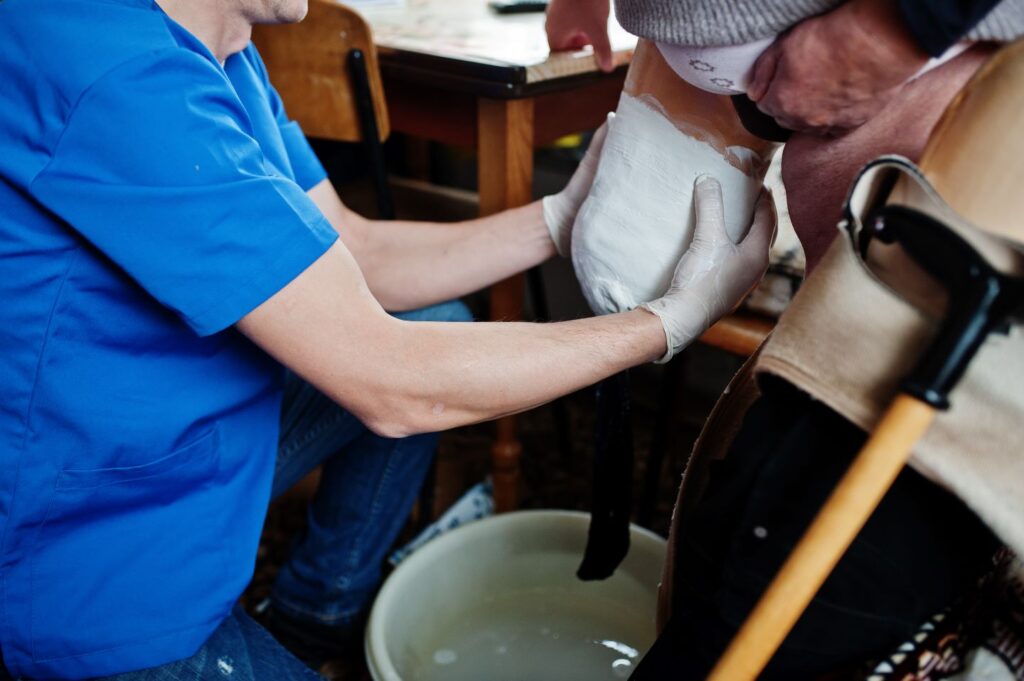Top 5 Mistakes to Avoid After Knee Replacement Surgery For Fast Recovery

A knee replacement surgery, known as arthroplasty, can be life-changing for many individuals suffering from severe knee pain and limited mobility. It can dramatically enhance the quality of life by restoring function and alleviating discomfort. However, the recovery journey is just as crucial as the surgery itself. During this period, some common mistakes could slow the recovery process or lead to complications. Here are the top five mistakes to avoid after knee replacement surgery.
Skipping or Neglecting Physical Therapy
One of the most common mistakes individuals make after knee replacement surgery is neglecting or altogether skipping physical therapy sessions. Physical therapy is an essential part of the recovery process as it aids in regaining strength and flexibility in the replaced knee. The exercises prescribed by the therapist help restore joint mobility, reduce swelling, and speed up recovery. Ignoring these exercises or not fully participating in the therapy can lead to stiffening of the knee collective, prolonged healing time, and even jeopardize the surgery’s success.
Resuming Activities Too Soon
While it’s essential to keep the joint mobile and perform the prescribed exercises, it’s equally important not to push too hard or return to your regular activities too soon. Overexertion can result in increased swelling and pain and potentially delay healing. Your body needs time to heal and adjust to the new knee joint, so giving yourself that time is essential. Always consult with your doctor or physiotherapist about when it’s safe to resume specific activities.
Not Managing Pain Properly
Adequate pain management is crucial in the days and weeks following surgery. Pain can interfere with sleep, appetite, mood, and, most importantly, your ability to participate effectively in physical therapy. Patients sometimes make the mistake of trying to ‘tough it out’ or fear dependency on pain medication, leading to inadequate pain management. While it’s true that pain medication should be used responsibly, underutilizing it can be counterproductive. Always discuss pain management with your healthcare provider to develop a suitable plan.
Insufficient Nutrition and Hydration
After knee replacement surgery, your body is in a state of repair and needs adequate nutrition and hydration to facilitate healing. A balanced diet of protein, vitamins, and minerals supports tissue repair and bone health. Additionally, staying well-hydrated can help manage postoperative swelling. A common mistake is neglecting diet and fluid intake, which can impede recovery and exacerbate feelings of fatigue.
Ignoring Signs of Complications
Lastly, a critical mistake some patients make is ignoring or downplaying signs of potential complications. Symptoms such as persistent pain, redness, swelling, warmth around the joint, or signs of infection such as fever or chills should never be ignored. Similarly, if you notice changes in your mental status, chest pain, or difficulty breathing, these could be signs of severe complications like blood clots and warrant immediate medical attention. Early detection of these complications can significantly affect your overall outcome.

Conclusion
Knee replacement surgery significantly improves the quality of life, but the recovery process plays a vital role in the surgery’s overall success. Avoiding these common mistakes can help ensure a smoother recovery process and enhance the overall outcome of the surgery. Remember, the journey to recovery is a gradual process requiring patience, professional advice adherence, and a positive attitude.





